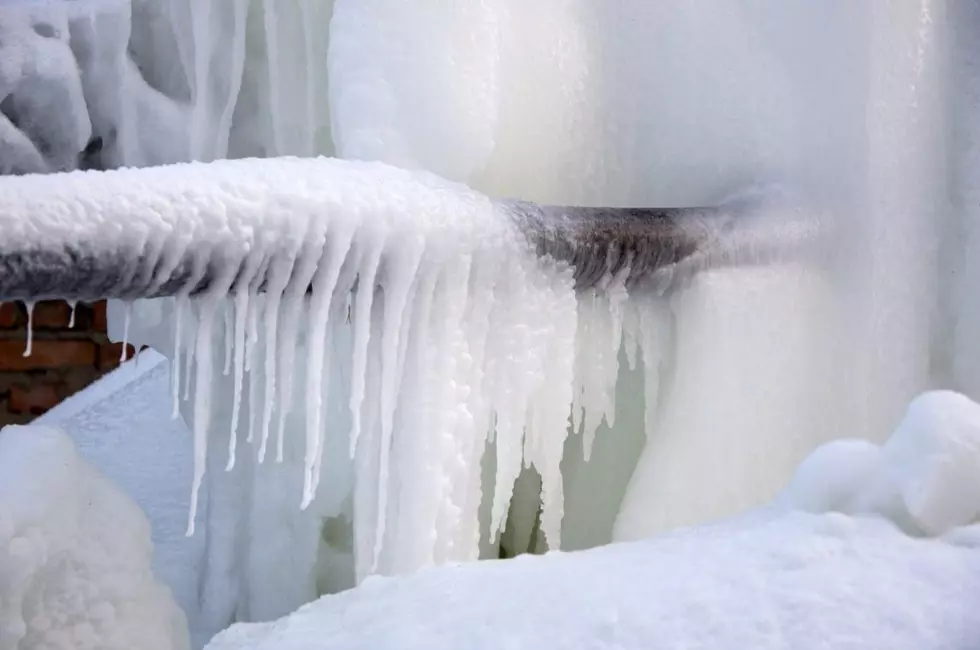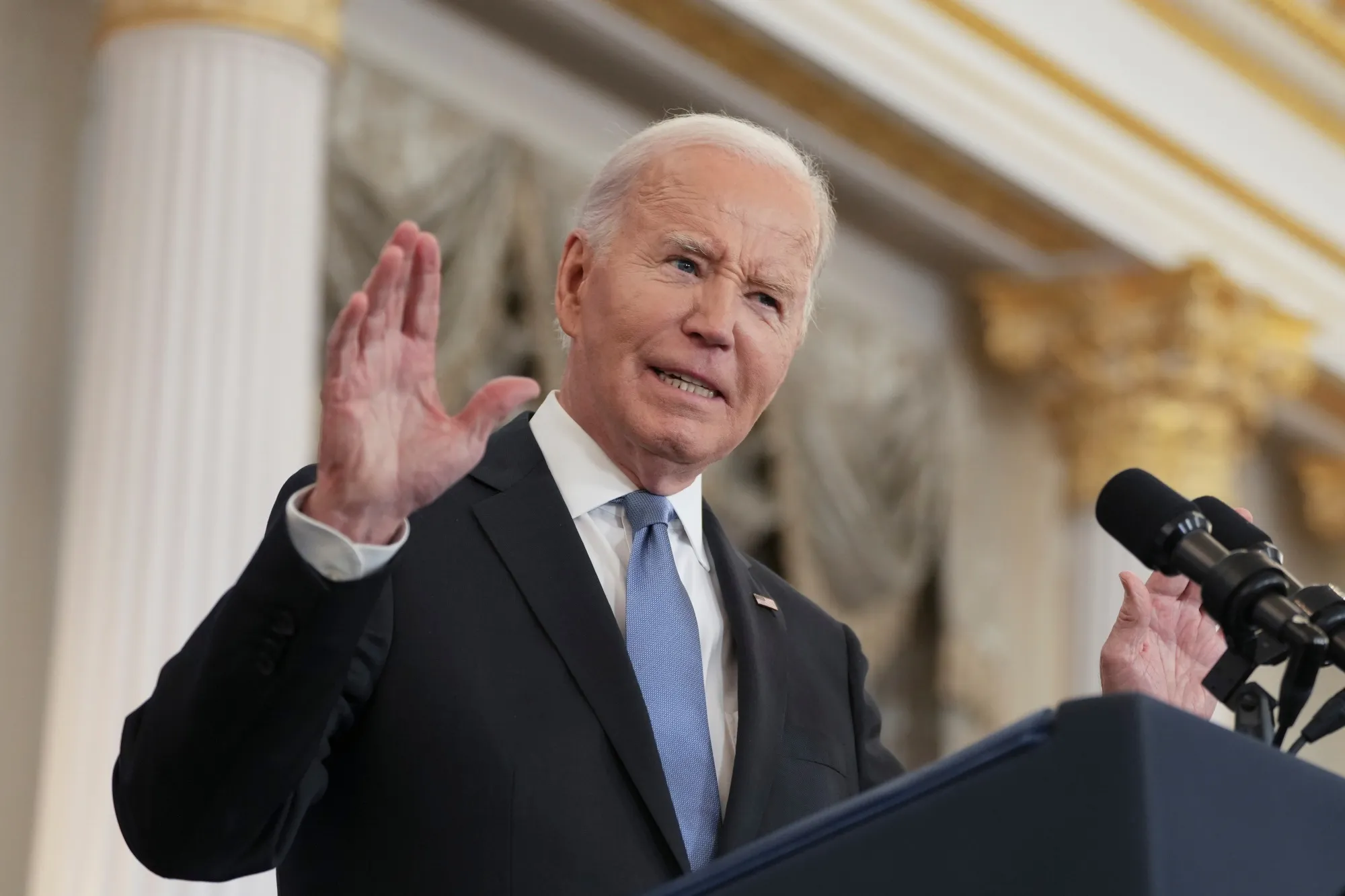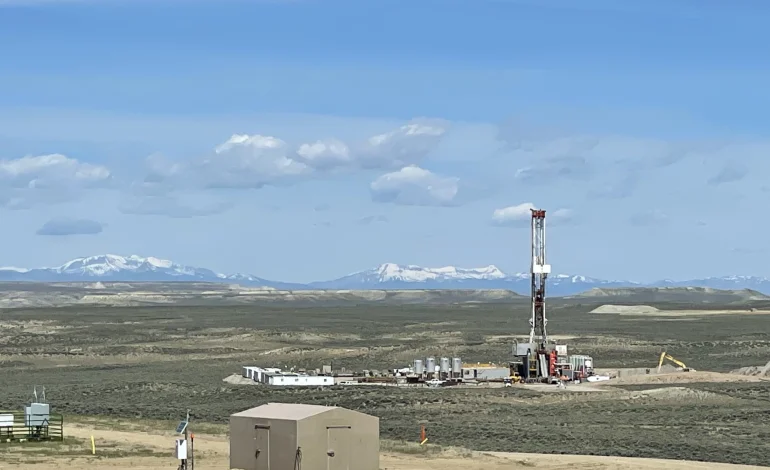Wyoming is rethinking how it regulates methane emissions from oil and gas operations, as required by new federal rules from the Environmental Protection Agency (EPA), Wyoming Public Media reports.
To gather feedback, the state is hosting a series of public meetings throughout October, inviting residents to share suggestions on how best to meet these new requirements.
The EPA’s mandate aims to significantly reduce methane emissions, a potent greenhouse gas that contributes to climate change, from both new and existing oil and gas production sources. Each state has some flexibility in how they will implement these regulations, and the Wyoming Department of Environmental Quality (DEQ) is eager to hear from residents and industry experts.
“We are all ears. We really want to make this work for Wyoming,” said Amber Potts of the DEQ.
Public meetings are scheduled in several towns, including Pinedale, Lander, Douglas, Gillette, Cody, and a virtual meeting on October 31. These meetings are designed to involve citizens with expertise or interest in the oil and gas sector.
At the same time, Wyoming is part of a broader legal challenge against the EPA’s rule. Governor Mark Gordon has criticized the regulation, arguing that it unfairly targets Wyoming’s fossil fuel industry, increases costs for consumers, and threatens the stability of the national power grid. Despite the lawsuit, Wyoming is moving forward with plans to comply with the EPA’s requirements while seeking to minimize the impact on the state’s economy.
Wyoming has long been recognized for its efforts to regulate emissions, with some federal data showing the Green River Basin, a major natural gas-producing area, as a relatively low methane emitter. However, reports from groups like the Environmental Defense Fund place it more in the middle range nationally. The state aims to maintain its leadership in methane management while adapting to new federal standards.









